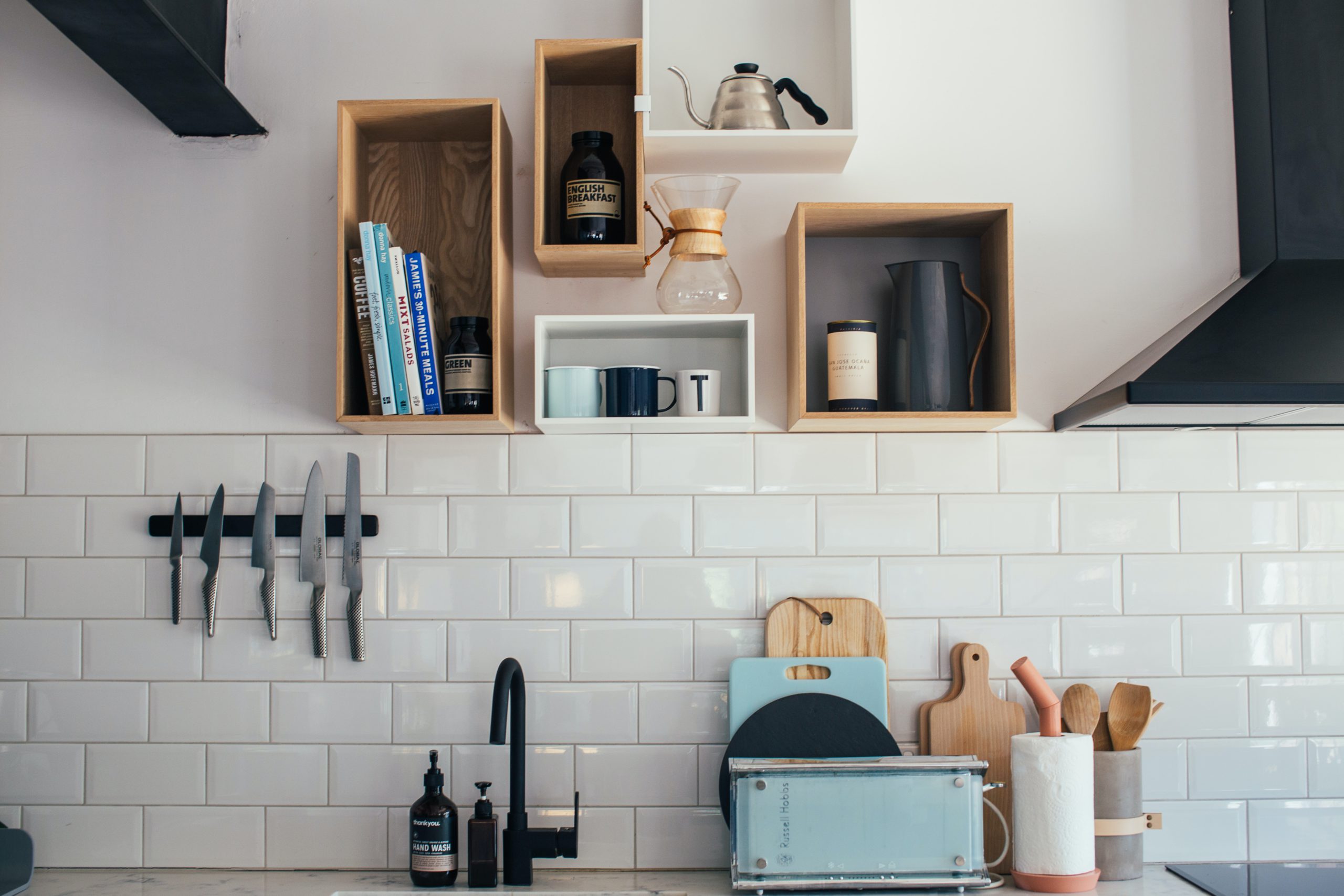The starter pack for any home cook
While you may have unlimited culinary creativity, what you can actually produce in you kitchen is unfortunately limited to what you have to work with.
It’s true that many high-tech, fancy kitchen gadgets these days are nice-to-haves rather than necessities (the reason why most of us are hesitating about whether we really need an air-fryer!), but in order to build basic dishes, there are a few essential must-have items that every home ought to have in their inventory.
The good news is, with a stove and an oven at the ready, there are endless amounts of dishes you can start making with just a few kitchen essentials.
Whether gifting a friend who has just moved into their own home and need help setting up their kitchen, or perhaps you would like to explore and develop your own skills in home cooking that you never had the chance to explore, here’s how to build that home cook starter pack to start making those meals you’ve always dreamed of.
A set of knives (and a knife sharpener)
Chopping, slicing, cutting, spreading – are four distinctly different actions you can do with a knife, and in a proper kitchen, you have a knife that corresponds to each need.
Whether stainless steel or ceramic, you ought to invest in at least one or two chef’s knives, especially for prepping ingredients for savoury dishes such as chopping onions, and slicing vegetables. Your chef’s knives are the ones that will need sharpening the most often, and by keeping them sharp you will only be doing yourself a favour in terms of how easily and efficiently you prep your chopped ingredients.
If your household consumes a lot of bread, you need a long, serrated knife to cut into your loaves without squishing them. And for eating with, steak knives and butter knives in your utensil drawer.
You can always build on your collection of knives as you progress in your cooking skills.

Cutting board
If you have little experience with cooking and prepping ingredients, you may think that cutting on any flat surface (such as a flat plate) might suffice… but any budding home cook would know that a cutting board is unquestionably a necessity.
As you prep onions and cut meat, your board will likely end up your main workstation for most of your daily meals. There are fancier boards made of marble and even glass, but if you’re just starting out, go with a tried and tested plastic or wooden board which are more practical.
Pans

Two pans that you should have at the beginning of your home-cooking journey: a decent at least medium-sized deep pot, and a non-stick pan. You will need a deep pot for boiling, as well as for generally anything liquid-like such as pasta sauces. And your non-stick pan will do most of the rest of the work from cooking up meats, frying up eggs and tossing around accompanying ingredients such as chopped veggies.
Once you get comfortable with cooking, you can venture into the more function-specific pans such as cast iron, grill, woks, and other kinds of pots such as stovetop pressure cookers.
A helpful appliance (or two)
There are a number of choices when it comes to choosing your first kitchen appliance: standing or immersion blender, a hand- or stand-mixer, the list goes on. This really depends on your personal preference and what you want to achieve as a home cook.

If you’re keen on learning to make desserts, then a mixer is essential. If on the other hand, your motivation is to feed other members of your household, you might want to choose an appliance that helps you prepare meals in large quantities, such as a food processor that can help you chop ingredients in bulk.
Whatever your first investment is, try choosing an appliance that performs more than one function; for example some food processors have different attachments that would allow you to chop dry ingredients, while also giving you the option to blend soft ingredients into a soup or sauce. Mixers on the other hand can be used to prepare cake batters, bread dough, but can also be used to shred meat.

In choosing the appliances you need, let your cooking instincts lead the way. And if cooking is something you really intend to stick with, then go ahead and dish out on better quality appliances with a longer warranty.
